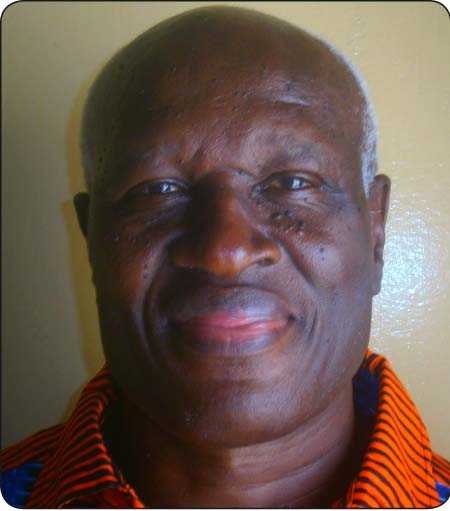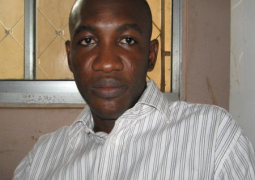
Human beings have a tendency to want to register every step of their achievements in life in a bid to enhance their self-esteem, gain self-satisfaction and recognition. As a result, life for a good many of us consists of just doing and achieving. We seek fame in all fields of endeavour as if we want to stamp the paths we have trodden with indelible imprints that tell stories of where we have been or how high we have climbed the social ladder. This phenomenon has marked the lives of many who have gone before us. How very futile!
You may want to ask, ‘what is wrong with that?’ Something is definitely wrong because pursuing a self-fulfilling agenda was not why God created us. God has a purpose and plan for the lives of each and every one of us. (Jeremiah 29:11) Whose plan have you submitted to; God’s or yours?
Whilst we may seek to excel in different domains in life, break new ground even; our achievements in life do not in any way constitute the priority reason for our existence. A wide range of people would want to reach for the skies so that if they miss they may land among the stars. In this life everything has a life span after which it is taken off the shelf. There are no sustainable or lasting achievements here on earth; times and seasons bring change. What mattered yesterday may be ridiculed today. It is only when our endeavour is intended to benefit humanity and not to boost our ego that we can call it worthwhile.
I bet if you were to go looking for the medals, cups, shields and certificates or testimonials marking the high points in your school or sports career you may not find all of them; if you do, the few you might lay hands on would have been manhandled to the extent that you would not brandish them anywhere. King Solomon in the book of Ecclesiastes writes “Whatever is has already been, and what will be has been before; and God will call the past to account.” (Ecclesiastes 3:15) We have seen this before, King Solomon is saying. And he sums up with ‘all is vanity’ – futile, useless. Actually, the values we give to these things are temporal in nature and we cannot, hard as we try, attribute permanency to them. Why labour then for what will not last?
Let us consider our past glories as hangings on a wall that one day will be brought down to be remembered no more; the glare and glamouralong with the significance they had been given will matter no more. Paul exhorts us thusly: “But whatever was to my profit I now consider loss for the sake of Christ. What is more, I consider everything a loss compared to the surpassing greatness of knowing Christ Jesus my Lord for whose sake I have lost all things. I consider them rubbish, that I may gain Christ and be found in him, not having a righteousness of my own ...” (Philippians 3:7) The apostle Paul calls it rubbish. Why would you want ‘rubbish’ to feature centre-stage in your life? It is time that we begin to invest our time wisely. Endeavours for earthly glory, no matter how much we invest in them, are of a fading and diminishing nature.
What then do we make of life’s trophies? The ultimate prize for which we should devote much time and energy is not a passing fancy but a project with lasting impact; and that is only possible when the contributions we make are to extend God’s kingdom here on earth.
Saul, prior to his name-change to Paul, was zealous about Judaism to the extent that he persecuted people of the Way – the Christians. He would stop at nothing. He wanted them arrested and put in prison, sometimes murdered (as was the case with Stephen in Acts 9:1-2)
Saul considered Judaism the authentic faith - not until he met Jesus on the road to Damascus who questioned him: “Saul, Saul, why do you persecute me?” (Acts 9:4) did he realise he had backed the wrong horse.
What has preoccupied you in 2015? How useful has it been for God’s kingdom or humanity at large? It is time, in these dying moments of 2015, to recap how useful and meaningful our journey has been with God and what we have done with the assignment he has given us. As we approach 2016 with all serenity, may we not look back but rather repent (change our mind) and look to Jesus who is ‘the author and finisher of our faith.’ It is a process and we need to start now. Paul admonishes: “Brothers, I do not consider myself yet to have taken hold of it. But one thing I do: Forgetting what is behind and straining toward what is ahead, I press on toward the goal to win the prize for which God has called me heavenward in Christ Jesus.”(Philippians 3:13-14)



